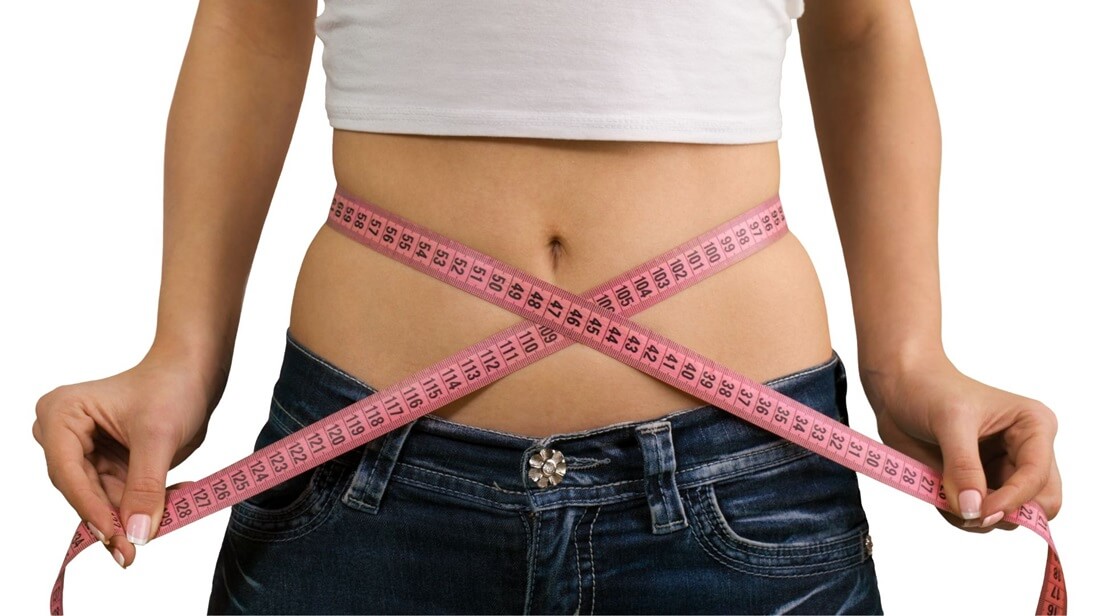After giving birth, many mothers are eager to return to their pre-pregnancy bodies. However, postpartum weight loss is a unique journey that varies for every individual. While some may experience rapid changes, others may find the process slower than expected. A growing area of interest is the connection between breastfeeding and weight loss. For those looking for professional guidance, services for postpartum weight loss in Houston can offer structured programs tailored to support recovery and safe weight reduction after childbirth.
Breastfeeding can influence how quickly weight is lost after pregnancy, but the process is multifaceted. Understanding how it works helps set realistic expectations and supports healthier outcomes.
Breastfeeding and Natural Calorie Burn
One of the most commonly discussed benefits of breastfeeding is its ability to help burn calories. Producing breast milk requires energy, and on average, a breastfeeding mother can burn an extra 300 to 500 calories per day. This increased energy demand can contribute to gradual weight loss, especially in the first few months postpartum.
However, while this caloric expenditure sounds promising, it’s important to recognize that not all women experience the same results. Some may see consistent weight reduction, while others may plateau or even retain weight due to other physiological or lifestyle factors. Hormonal shifts, stress, sleep deprivation, and overall activity levels all impact the postpartum weight loss journey.
Common Misconceptions About Weight Loss
Many new mothers expect to lose weight effortlessly simply by breastfeeding. While breastfeeding can support weight loss, relying on it alone without additional strategies often leads to frustration. Nutrition, hydration, and gentle movement play essential roles in maintaining health during this time.
It’s crucial to differentiate between helpful information and misinformation. Understanding weight loss facts vs myths can help mothers set realistic goals. For instance, a common myth is that skipping meals to “speed up” weight loss will improve results. In truth, this can reduce energy levels, disrupt milk supply, and slow metabolism. Similarly, assuming that all pregnancy weight will disappear naturally without support may lead to disappointment.
Safe and Professional Weight Loss Strategies
During the postpartum period, the body is still healing. That’s why any weight loss approach must be safe, gradual, and evidence-based. With professional oversight, mothers can adopt safe and effective weight loss strategies for the postpartum journey, such as nourishing the body with whole foods, engaging in light exercise like walking or yoga, and getting adequate rest when possible.
In many cases, medically supervised programs are beneficial because they tailor weight loss efforts to the body’s postnatal needs. These plans often begin with an assessment to evaluate metabolism, hormone levels, and nutritional deficiencies. From there, personalized meal plans and fitness routines are designed to promote fat loss while preserving energy and supporting milk production.
Conclusion
Breastfeeding can certainly aid in postpartum weight loss by naturally increasing calorie burn, but it is only one piece of the puzzle. Lasting weight loss requires a thoughtful and supportive approach that considers the physical, emotional, and hormonal changes after pregnancy. Embracing a slow and steady mindset, combined with evidence-based guidance, helps new mothers prioritize both their health and their baby’s well-being.
The postpartum period is not just about weight loss; it’s about recovery, renewal, and adjusting to a new life chapter. By taking advantage of professional strategies tailored to individual needs, mothers can regain confidence in their bodies and build lifelong healthy habits.




